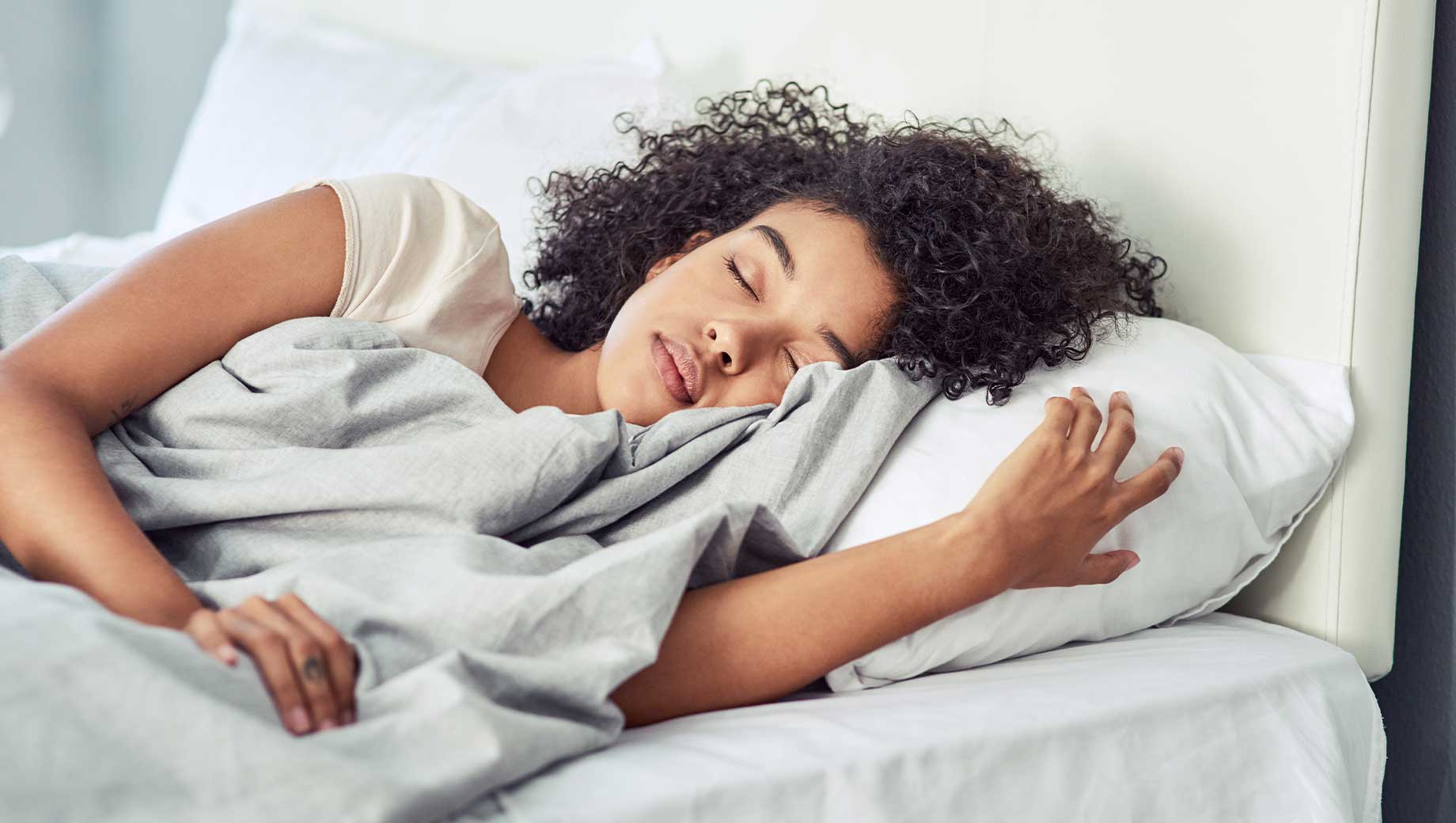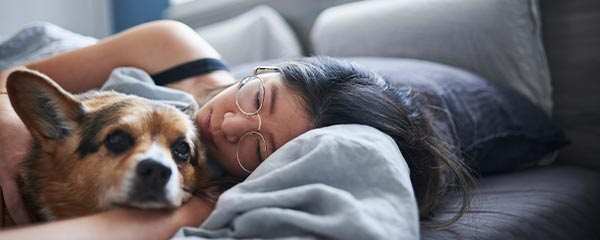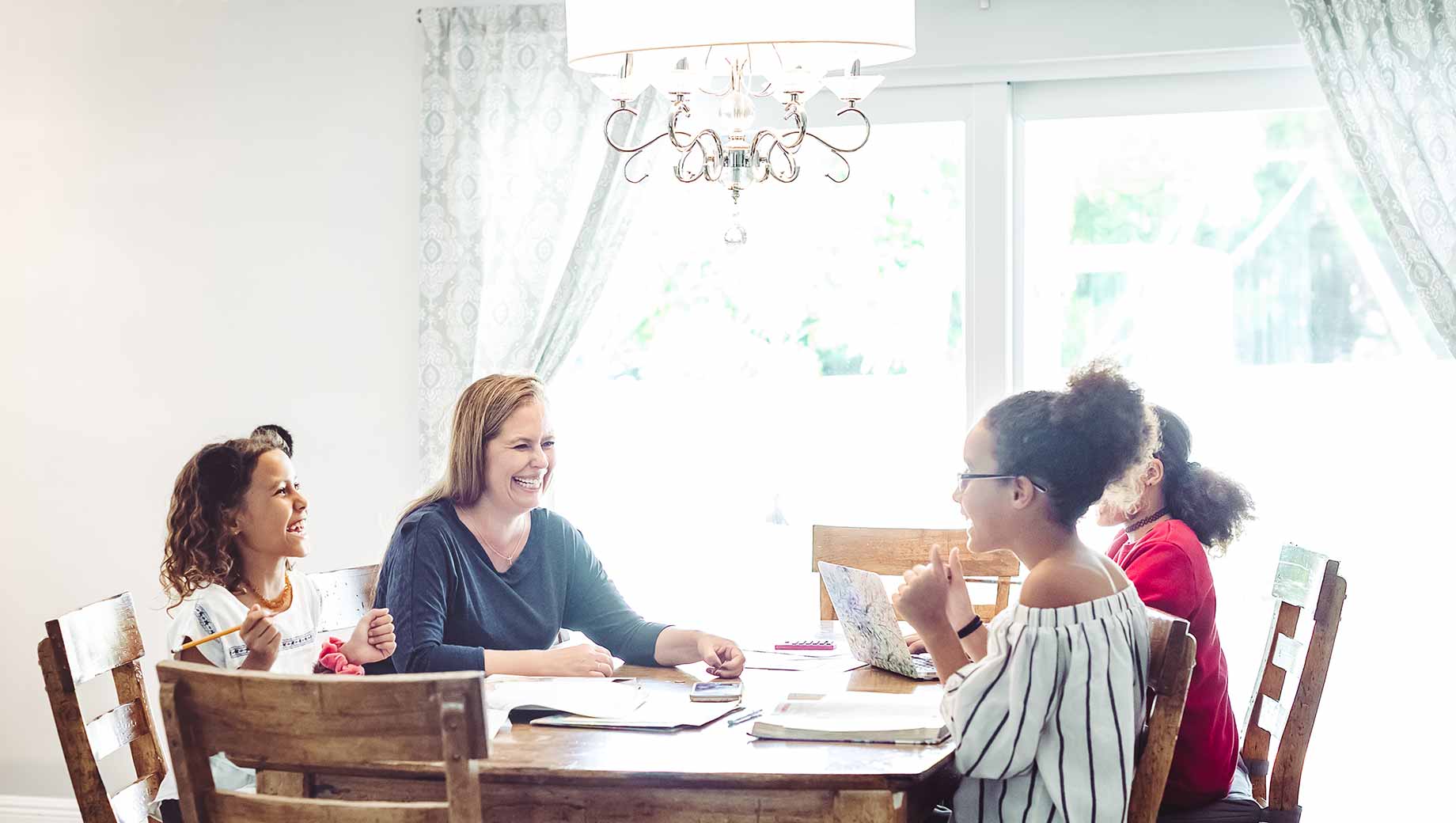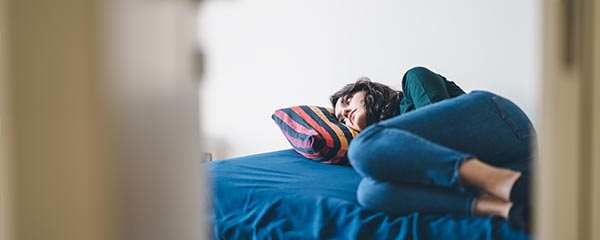Story Highlights
- U.S. adults’ sleep quality is harmed more by being too hot than too cold
- Sleep temperature is closely linked to depression or anxiety
- Being too hot is among the top three reasons given for poor sleep
WASHINGTON, D.C. -- In the U.S., 14% of adults report being too hot when sleeping (or trying to sleep) “always” or “most of the time,” more than double the rate who report being too cold (6%). Women are about twice as likely as men to experience either condition, with 18% of women typically feeling too hot and 8% too cold, compared with 10% and 3%, respectively, among men.
A majority of U.S. adults (57%) report at least occasionally being too hot while sleeping, compared with 37% who report being too cold.
These results are a part of a new study by Casper and Gallup to study the relevance of sleep temperature in quality of sleep, various aspects of wellbeing, and performance at work. The survey was conducted by web from Feb. 10-17, 2023, with 3,979 adults, aged 18 and older, living in all 50 U.S. states and the District of Columbia, using the Gallup Panel.
Hot Sleeping More Detrimental to Overall Sleep Quality Than Cold
As might be expected, U.S. adults who are frequently too hot or too cold when sleeping are more likely to suffer substandard overall sleep than those who are not. While both conditions are harmful to overall sleep quality, hot sleeping is more closely related.
One-third of all adults report having experienced subpar (“fair” or “poor”) sleep generally in the prior 30 days. This rises to 46% among typically hot sleepers, compared with 29% of those who rarely or never sleep too hot, a 17-percentage-point difference.
In contrast, those who typically sleep too cold report subpar sleep 40% of the time, compared with 30% of those who are rarely or never too cold, a 10-point difference.
Sleeping Too Hot Third-Most-Commonly Noted Cause of Poor Sleep
When asked about the primary causes of the most recent poor night’s sleep, 22% of respondents identified being too hot, the third-most-common response after use of the bathroom (43%) and physical discomfort (29%). Being too cold was mentioned by 8%.
Consistent with the results noted earlier, being too hot was cited by 25% of women, compared with 19% of men, while young adults aged 18-29 were about three times more likely to note being too hot than were those aged 65 or older (32% versus 11%, respectively). Those aged 30-64 cited being too hot 24% of the time.
Sleep Temperature Linked to Depression/Anxiety, Daily Energy
Beyond general sleep quality, sleep temperature is also related to several key aspects of wellbeing, including depression and anxiety. And, as with general sleep quality, typically sleeping too hot is more strongly related to these aspects than typically sleeping too cold.
For example, those who sleep too hot always or most of the time are nearly twice as likely as those who rarely or never sleep too hot to have been diagnosed with depression or anxiety in their lifetimes (41% versus 22%). Cold sleeping is also linked to these conditions, but to a lesser degree -- 38% of those who are too cold have been diagnosed with depression or anxiety, compared with 26% who rarely or never sleep too cold.
Persistently sleeping or trying to sleep while too hot or too cold may elevate the chances of becoming depressed or anxious, but it is also reasonable to propose that the preexistence of depression or anxiety could elevate the chances of poor temperature regulation when one is sleeping or trying to sleep.
Sleep temperature also relates to physical energy. When asked, “How strongly do you agree or disagree -- in the last seven days, you have felt active and productive every day?” 33% of those who typically sleep too hot disagree, compared with 17% among those who rarely or never sleep too hot. This gap is substantially smaller among cold sleepers, who do not exhibit a statistically meaningful difference in disagreeing with being active and productive compared with those who rarely or never sleep too cold.
Implications
Quality sleep is critically important to wellbeing and to the economy. Prior Casper-Gallup research has shown that those who rate their mental health as “excellent” or “very good” are six times more likely to get high-quality sleep than are those who rate their mental health as “fair” or “poor.”
Among workers, subpar sleep has been linked to $44 billion in unplanned absenteeism per year as well as enhanced odds of turnover. Despite these outcomes, only 55% of Americans consider getting a good night’s sleep a “major priority.”
The role of sleep temperature is closely intertwined with these linkages. Sleeping at a nonoptimal temperature -- too hot or too cold -- decreases the probability of high sleep quality generally, reduces the chances of having high energy and increases the probability of having been diagnosed with depression or anxiety.
That women and young adults are substantially more likely to experience sleeping too hot or too cold than are men or older adults underscores the higher levels of diagnosed depression that these groups have relative to their male or older counterparts. (These groups are also less likely to feel “active and productive every day.”)
Amid the broader issues of sleep temperature lie the more pronounced issues with sleeping too hot. That a greater percentage of American adults are too hot when sleeping or trying to sleep than are too cold -- coupled with the stronger (negative) linkages to sleep quality and wellbeing outcomes -- exposes hot sleep as the more significant of the two as an area for intervention in sleep science and innovation.
To stay up to date with the latest Gallup News insights and updates, follow us on Twitter.
Learn more about how the Gallup Panel works.




